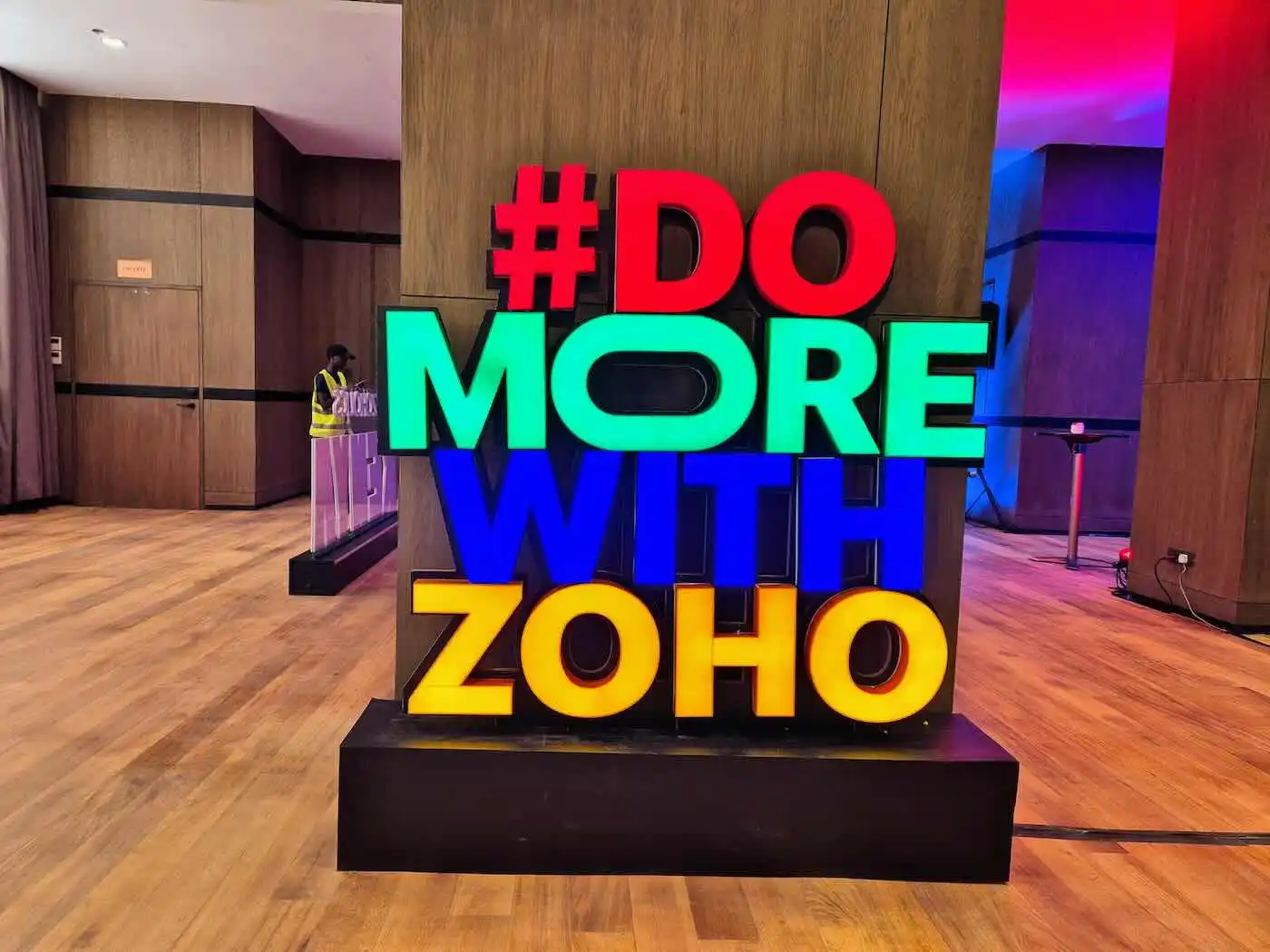When global tech firms expand into Africa, the playbook usually looks the same: dollar pricing, limited localization, and a heavy reliance on channel partners. But Zoho is rewriting that script in Kenya with a refreshingly grounded approach that includes local pricing in Kenyan Shillings, direct customer relationships, and a broad portfolio of products that actually talk to each other.
In an exclusive interview with Veerakumar Natarajan, Zoho’s Country Head for Kenya, TechArena explored how the company is rapidly becoming the go-to digital partner for thousands of businesses, from bootstrapped freelancers to enterprises with hundreds of employees.
Zoho’s entry into the Kenyan market began with a simple yet powerful philosophy: let businesses adopt digital tools one department at a time. Whether it’s a solo consultant using Zoho Invoice, a startup managing expenses via Zoho Expense, or a mid-sized business rolling out Zoho CRM, Zoho lets users start with one app and scale across the suite as their needs grow.
The full suite, known as Zoho One, includes over 45 tightly integrated apps from email and HRMS to sales, marketing, and even custom no-code apps. And because it’s billed in shillings, it’s become one of the most competitively priced enterprise-grade platforms in Kenya.
“We have customers like Coffee Lab Nairobi, who run their entire ecommerce business from website to invoicing to inventory on Zoho,” said Natarajan.
Other notable customers include Standard Media, API Insurance, and Kofisi. This demonstrates Zoho’s cross-industry appeal.
While most global software vendors struggle with compliance in local markets, Zoho has leaned into localization. Zoho Books, the accounting solution, now comes pre-integrated with KRA’s iTax and supports eTIMS devices. That means VAT submissions and compliance tasks that would take hours can now be done in minutes.
Privacy is Key
Unlike many free or freemium platforms, Zoho has a strict no-ads, no-data-sharing policy. Even the free versions of its tools don’t monetize through third-party ads. This is an increasingly rare stance in today’s internet economy.
“Even with our free tools, we don’t run ads or sell user data. The customer owns everything,” said Natarajan.
The biggest challenge isn’t price or product. It’s adoption.
“In Kenya, we often see the demand coming from department heads, but unless the top leadership champions digital transformation, it doesn’t stick,” Natarajan observed.
He says the solution to this is to empower IT teams and functional heads to co-own transformation journeys. And that’s where Zoho’s local partners and customer success teams step in to train, migrate, and onboard entire organizations without disrupting workflow.
With over 30 local partners, pricing in local currency, and hyper-local product features, Zoho isn’t just selling software in Kenya, it’s reshaping the entire conversation around digital transformation.
Also Read: Why Zoho Built Ulaa – An Enterprise Browser Designed with Privacy in Mind



